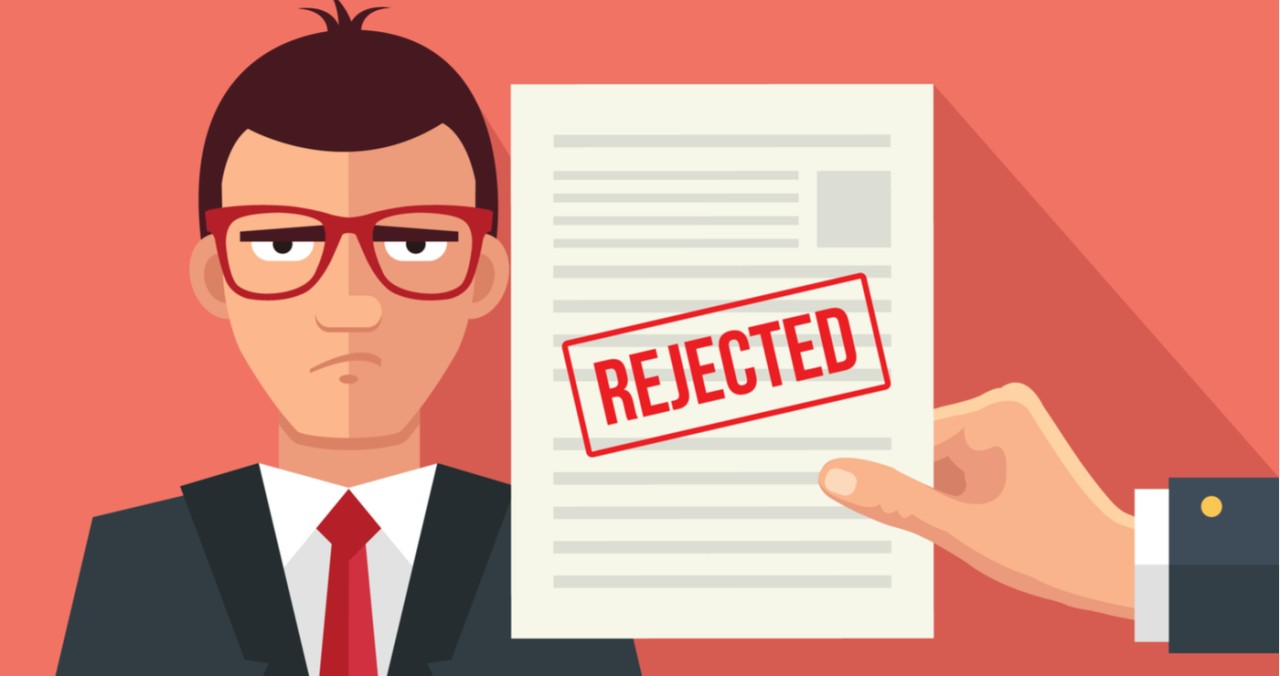When a candidate walks into an interview room, decisions are often already unfolding in the first 120 seconds. This isn’t just anecdotal—it’s backed by psychological and hiring research. Let’s explore how early impressions shape outcomes, why they matter so much, and how to make those first two minutes count.
Snap Judgments and “Thin Slicing”
Our brain forms quick impressions based on facial expressions, posture, tone, and attire—sometimes in less than a second. Psychologists call this thin slicing, the ability to extract significant impressions from small snippets of behavior. Studies suggest that within the first ten seconds of an interview, managers form strong judgments that heavily influence the rest of the conversation. These snap judgments then guide whether the interviewer seeks to confirm a positive or negative view of the candidate.
The Power and Pitfalls of First Impressions
While early impressions can be powerful, they often rely on unconscious biases. Sometimes, a candidate may be falsely judged as confident—if they are extroverted, well-dressed, or articulate. Other times, they are unfairly dismissed due to cultural barriers or day-of nerves. Research by the University of Michigan found that unstructured interviews barely outperform a coin flip at predicting job performance. The correlation between unstructured interviews and actual job success is often around 0.1, versus more reliable methods like GPA or past work performance scoring 0.4 to 0.5.

Why Interviewers Decide So Fast
Surveys show that over half of hiring managers form an opinion about a candidate within the first five minutes—and eight percent make a judgment before half an hour is even up. In the first two minutes, multiple cues are processed: handshake warmth, posture, eye contact, and appearance. If any of these seem off—such as inappropriate attire, lack of enthusiasm, or avoiding eye contact—the interviewer may mentally cross the applicant off the list early on.
Common Early Red Flags
Many candidates unknowingly trigger rejection signals early in the interview. According to CareerBuilder, common reasons include poor body language and lack of awareness about the company. Other reasons include arrogance, or even checking their phone during the conversation. Another study highlighted that 60% of rejections occur due to non-verbal cues such as tardiness, weak handshakes, or disharmony with the company culture. These issues derail the interview before a candidate even speaks about their skills.
Can Recovery Be Possible?
Despite these quick judgments, interviews aren’t over before they’ve begun. According to The Interview Guys, around 70% of hiring decisions are made after the first five minutes. This means that while initial impressions are powerful, candidates can still turn things around. If the first minute was rocky, establishing rapport can help. Moreover, providing clear answers, or displaying enthusiasm later can still soften early negative judgments.

How to Make a Strong Start
Preparation is key. Arrive early and composed, dressed in appropriate attire, and with a firm handshake. Maintain eye contact and a confident posture to signal engagement. A quick introduction with a rehearsed but natural answer to “Tell me about yourself” helps set an immediate positive tone. Do your research on the company—if you mention a recent achievement or align your goals with their mission, the interviewer knows you’ve done your homework. Finally, active listening and steady communication throughout the interview help maintain a favorable impression.
Another way to make a good first impression? Know when to use a CV and when to use a Resume.
Structured Interviews Can Level the Field
To reduce bias and snap judgments, many companies are shifting toward structured interviews. Here, each candidate answers the same set of questions, scored on objective criteria. Structured interviews helps reduce subconscious biases and ensures a fairer evaluation. As a candidate, being aware of structured interviews can help you prepare concise, consistent responses using clear examples from your experience or academia.
Final Thoughts
Yes, most interview decisions begin within the first two minutes due to rapid cognition and thin slicing. But that doesn’t mean you’re doomed if your start isn’t perfect. Many hiring decisions take shape after deeper conversation. The key lies in preparing, staying mindful, and recovering swiftly if early moments don’t go your way. Always remember: the first minute matters, but the next twenty can reshape the outcome.
If you want to build confidence from the first handshake and nail these critical first minutes, Salahkart can help. Our resume builder integrates concise self-introduction templates. Try Salahkart to prepare smarter, present better, and increase your chances of succeeding in those crucial opening moments. Start crafting your winning resume and interview strategy at Salahkart.com.

Leave a Reply